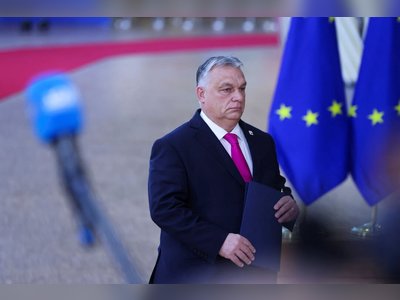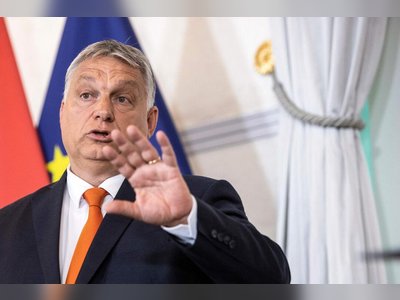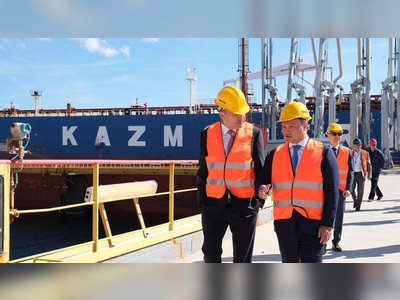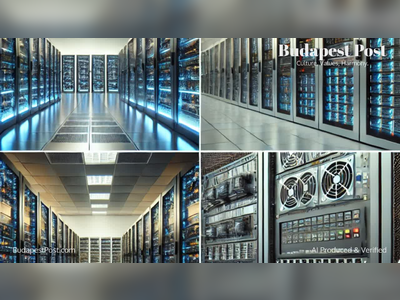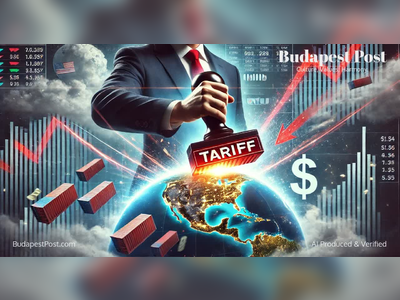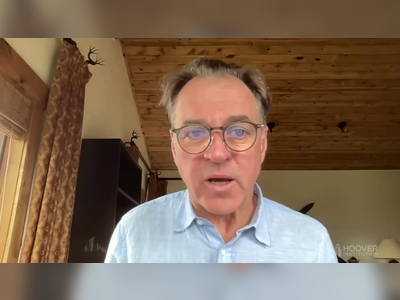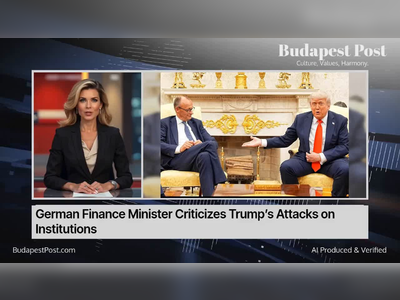Tariffs, AI, and the Shifting U.S. Macro Landscape: Navigating a New Economic Regime
Economic uncertainty, rising tariffs, and structural shifts in global trade and capital markets reshape investor strategy and policy outlook
Recent tariff measures implemented by the United States are expected to have cost implications for a range of stakeholders, including consumers, companies, and global suppliers.
Despite these policy shifts, corporate earnings in the U.S. remain bolstered by strong momentum in sectors such as artificial intelligence.
This development is occurring amid broader macroeconomic changes marked by heightened policy volatility and weakened long-term economic anchors.
Analysts have identified core features of the current environment as part of what is described as a new macroeconomic regime.
This regime is characterized by persistent geopolitical fragmentation, transformative technological change, and the erosion of conventional economic benchmarks such as stable inflation expectations and fiscal discipline.
The uncertainty associated with these changes has increased investor sensitivity to short-term data as they assess both immediate and future economic conditions.
Despite the long-term uncertainty, certain economic constraints are providing a measure of short-term clarity.
These include the structural rigidity of global supply chains, which limit the speed at which trade patterns can be altered without major disruptions.
For example, companies that rely on international inputs cannot quickly switch suppliers without risking operational halts, a factor that has led to exemptions from tariffs in key sectors like electronics.
Another structural constraint involves the U.S. debt market.
A significant portion of U.S. government debt is held by foreign investors, and sustained demand from these holders is critical to debt sustainability.
Any decline in foreign investment could raise yields and borrowing costs, requiring a policy response.
This dynamic has contributed to shifts in tariff policy, including pauses following yield spikes observed in the wake of certain announcements.
The current environment is defined by elevated inflation, higher interest rates, and fragile fiscal conditions, all of which challenge previous assumptions about the long-term safety and performance of U.S. Treasury assets.
As a result, investors have had to adjust their risk assessments and capital allocation strategies.
Within this evolving context, so-called “mega forces,” such as AI and digital transformation, are emerging as durable drivers of returns.
However, these forces do not affect markets uniformly, and investors are increasingly tracking their influence at a granular level across asset classes.
This combination of volatile policy signals, immutable economic laws, and long-term structural change continues to shape investment behavior, trade strategy, and the broader economic outlook.
Market participants remain focused on identifying near-term signals amid long-term ambiguity, as fiscal and trade constraints guide short-term decision-making in an environment of persistent global transformation.
Despite these policy shifts, corporate earnings in the U.S. remain bolstered by strong momentum in sectors such as artificial intelligence.
This development is occurring amid broader macroeconomic changes marked by heightened policy volatility and weakened long-term economic anchors.
Analysts have identified core features of the current environment as part of what is described as a new macroeconomic regime.
This regime is characterized by persistent geopolitical fragmentation, transformative technological change, and the erosion of conventional economic benchmarks such as stable inflation expectations and fiscal discipline.
The uncertainty associated with these changes has increased investor sensitivity to short-term data as they assess both immediate and future economic conditions.
Despite the long-term uncertainty, certain economic constraints are providing a measure of short-term clarity.
These include the structural rigidity of global supply chains, which limit the speed at which trade patterns can be altered without major disruptions.
For example, companies that rely on international inputs cannot quickly switch suppliers without risking operational halts, a factor that has led to exemptions from tariffs in key sectors like electronics.
Another structural constraint involves the U.S. debt market.
A significant portion of U.S. government debt is held by foreign investors, and sustained demand from these holders is critical to debt sustainability.
Any decline in foreign investment could raise yields and borrowing costs, requiring a policy response.
This dynamic has contributed to shifts in tariff policy, including pauses following yield spikes observed in the wake of certain announcements.
The current environment is defined by elevated inflation, higher interest rates, and fragile fiscal conditions, all of which challenge previous assumptions about the long-term safety and performance of U.S. Treasury assets.
As a result, investors have had to adjust their risk assessments and capital allocation strategies.
Within this evolving context, so-called “mega forces,” such as AI and digital transformation, are emerging as durable drivers of returns.
However, these forces do not affect markets uniformly, and investors are increasingly tracking their influence at a granular level across asset classes.
This combination of volatile policy signals, immutable economic laws, and long-term structural change continues to shape investment behavior, trade strategy, and the broader economic outlook.
Market participants remain focused on identifying near-term signals amid long-term ambiguity, as fiscal and trade constraints guide short-term decision-making in an environment of persistent global transformation.
AI Disclaimer: An advanced artificial intelligence (AI) system generated the content of this page on its own. This innovative technology conducts extensive research from a variety of reliable sources, performs rigorous fact-checking and verification, cleans up and balances biased or manipulated content, and presents a minimal factual summary that is just enough yet essential for you to function as an informed and educated citizen. Please keep in mind, however, that this system is an evolving technology, and as a result, the article may contain accidental inaccuracies or errors. We urge you to help us improve our site by reporting any inaccuracies you find using the "Contact Us" link at the bottom of this page. Your helpful feedback helps us improve our system and deliver more precise content. When you find an article of interest here, please look for the full and extensive coverage of this topic in traditional news sources, as they are written by professional journalists that we try to support, not replace. We appreciate your understanding and assistance.



